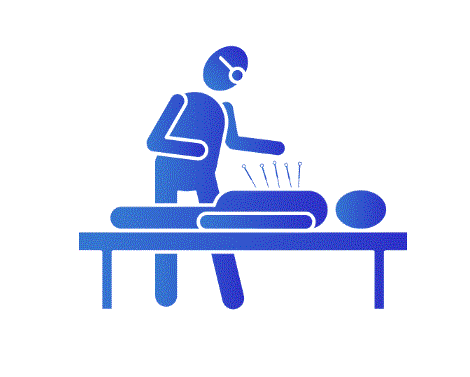
Acupuncture
Acupuncture is a technique in which fine needles are inserted into the skin to treat various health problems. These needles may be manually manipulated or stimulated using small electrical currents (electroacupuncture).
As a key component of Traditional Chinese Medicine (TCM), acupuncture has been practiced for thousands of years. It involves inserting thin needles into specific acupuncture points (or acupoints) to stimulate the body’s natural healing response and restore balance to the flow of Qi (vital energy) along meridians or energy channels.
In Chinese medicine, acupuncture is believed to regulate the flow of Qi and blood, balance Yin and Yang energies, and harmonize the body’s organs and systems. Acupuncture treatments are personalized to address the root cause of illness while alleviating symptoms.
Recognized by the World Health Organization (WHO) and National Institutes of Health (NIH), acupuncture is considered an effective treatment for a wide range of conditions, including:
Musculoskeletal Disorders: Such as arthritis, back pain, neck pain, and sciatica.
Neurological Disorders: Including headaches, migraines, and facial pain (e.g., TMJ).
Gastrointestinal Disorders: Like indigestion, gastritis, and irritable bowel syndrome (IBS).
Respiratory Disorders: Such as asthma, bronchitis, and sinusitis.
Gynecological Disorders: Including menstrual irregularities, painful menstruation (dysmenorrhea), and infertility.
Psychological Disorders: Such as anxiety, depression, and insomnia.
Addiction: For smoking cessation and substance abuse.
Immune System Disorders: Including allergies and autoimmune conditions.
These examples show the wide range of conditions acupuncture can help treat. It is often part of a comprehensive treatment plan, which may also include herbal medicine, dietary therapy, and lifestyle changes. When performed by a qualified, licensed acupuncturist, acupuncture is generally safe and offers a natural, holistic approach to health.
